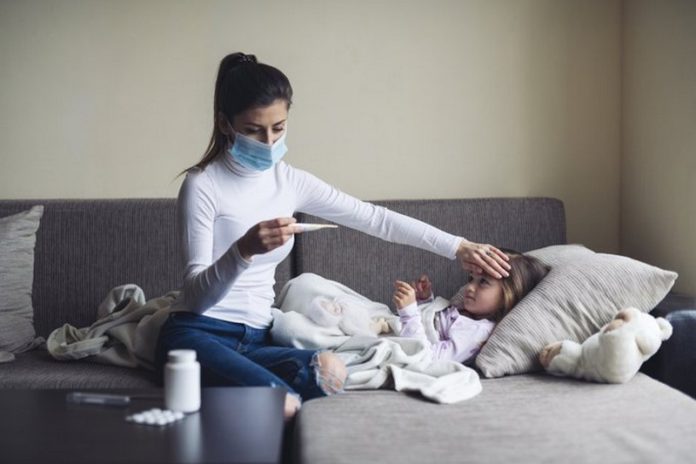
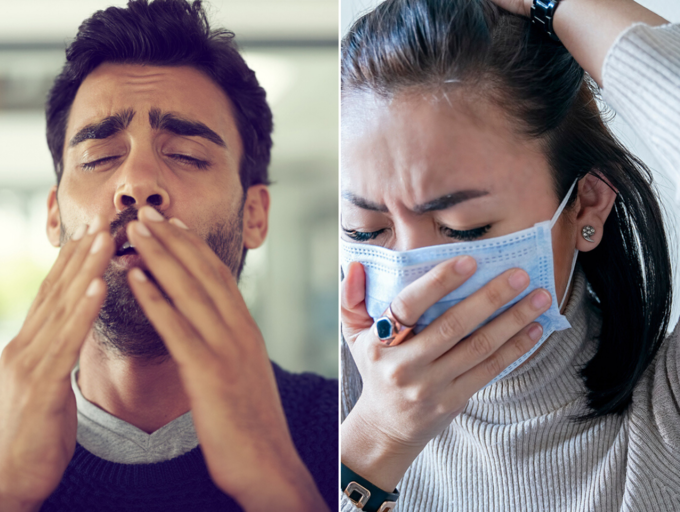
As the highly infectious novel coronavirus continues to sweep the globe, countries around the world are struggling to flatten the curve even with strict lockdown and social distancing protocols. With more than 75,000 (and counting) confirmed cases in India itself, the enigmatic pathogen is wreaking havoc in unprecedented ways.
The lesser-known symptoms

While scientists and medical researchers are working at breakneck speed to develop a vaccine for COVID-19, medical workers are still struggling to tabulate and an exhaustive list of novel coronavirus symptoms. As per the World Health Organisation, most people may experience mild to moderate illness and will recover from the disease without requiring hospitalization.
Initially, lingering dry cough, fever, breathless and fatigue were believed to be the telltale symptoms of COVID-19, but as the disease continues to spread its fang across people of different age groups, newer symptoms are emerging. As we continue to learn more about how the virus behaves, we are compiling all lesser-known symptoms of COVID-19 which are known till now.
Diarrhoea, vomiting and nausea
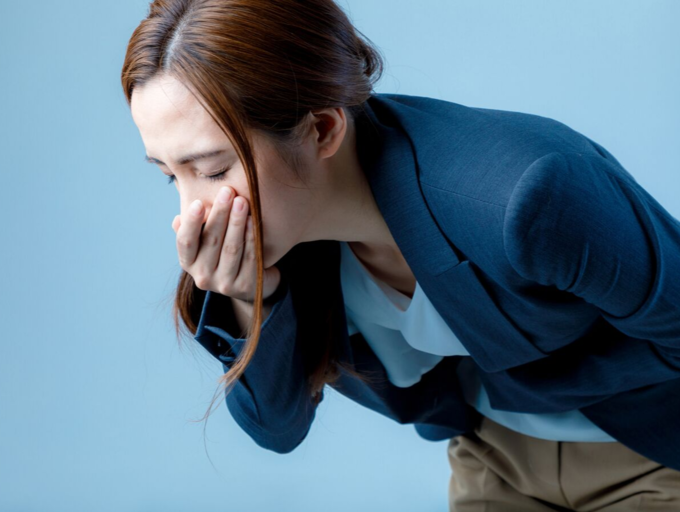
An editorial published in the British Medical Journal explained that the initial manifestation of infection can cause diarrhoea by infecting the gastrointestinal tract. It may also cause symptoms such as vomiting, nausea and abdominal pain through neurological involvement or production of cytokines. It is important to note that as per a report published in the World Health Organization nausea and vomiting has been reported in a small percentage of patients (5%).
Conjunctivitis
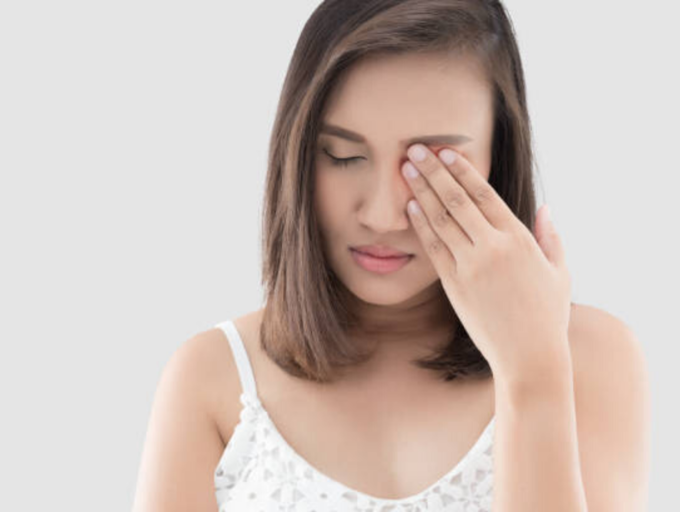
A recent study in China suggests that the COVID-19 disease may cause ocular symptoms in some patients and lead to pink eye (conjunctivitis) as well. Conjunctiva is a clear thin membrane that lines the inner surface of the eyelid. Infection in conjunctiva can be seen in patients with more severe disease.
Rashes and blood clots
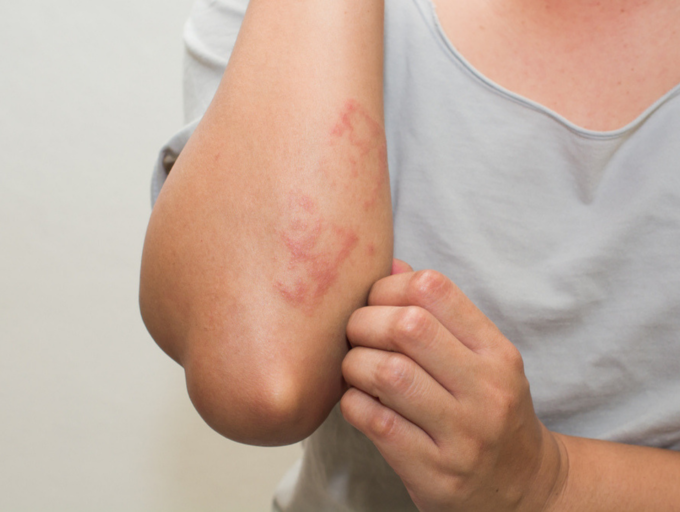
As per the reports, a new syndrome is being reported in kids which appears to be linked to COVID-19 disease. This symptoms of this rare syndrome include rash, peeling palms or soles in addition to fever, peeling lips and inflamed eyes.
Moreover, an early report from Italy also states that in a group of 88 confirmed positive patients, 20 per cent developed varied skin symptoms such as a patchy red rash, hives, urticaria, blisters and even blood clots. Your body’s reaction to the virus may trigger skin rashes.
Chilblains
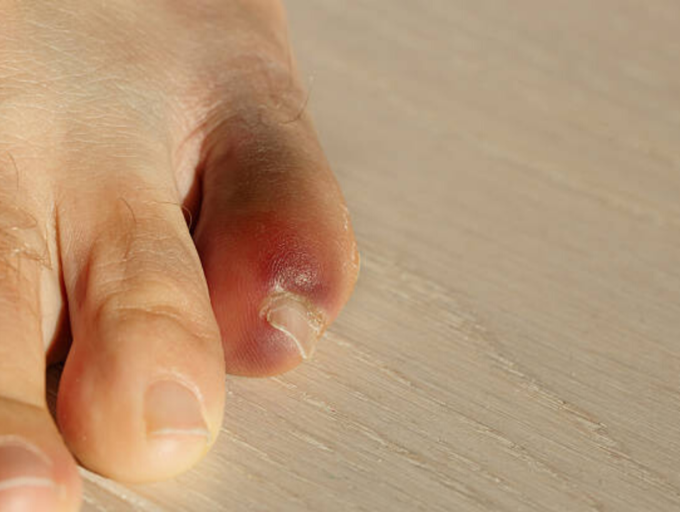
COVID-19 patients may also develop multiple lesions on their toes, soles or fingers that resemble chilblains. It is more common in younger adults and children. This discolouration of fingers or toes is now called as COVID toe.
Headache

COVID-19 seems to affect different people differently and according to a World Health Organization report, 14 per cent of the people infected with COVID-19 experience headache. A throbbing headache could be the result of the production of cytokines in the body as your immune system gears up to fight the disease.
Dizziness
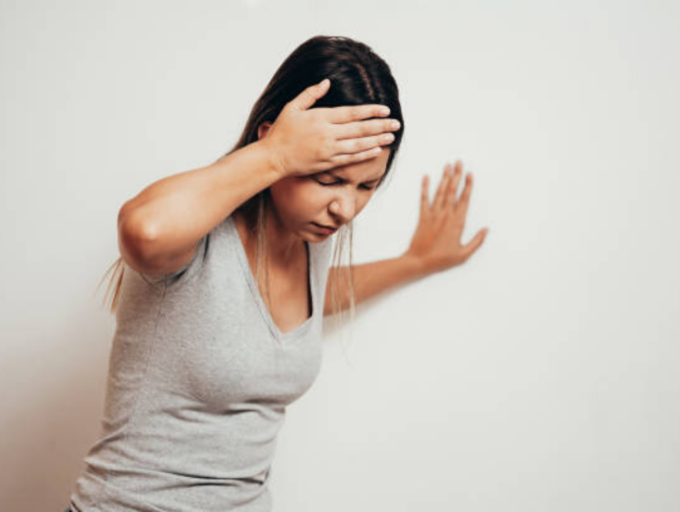
A research conducted by the Huazhong University of Science and Technology in Wuhan found out that 36 per cent of COVID-19 patients experienced headache and dizziness. While some patients displayed dizziness in addition to respiratory symptoms, others only had neurological symptoms including dizziness.
It is important to note that if you experience severe lightheadedness or dizziness, it is essential to contact your doctor right away.
Loss of taste or smell
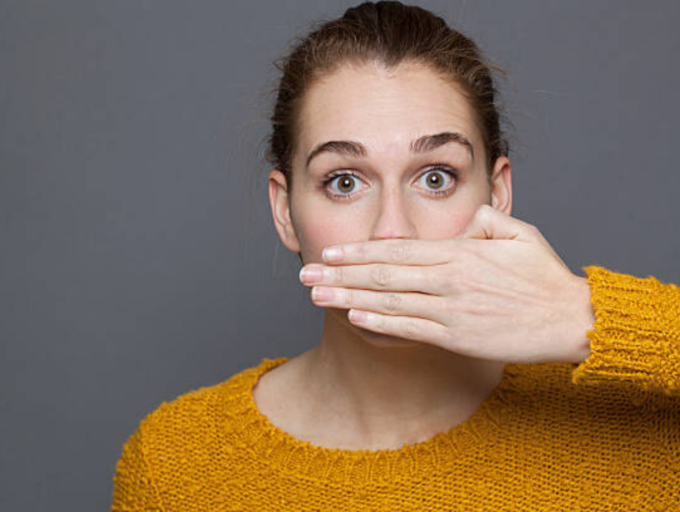
Initially thought as a less common symptom, loss of taste and smell may actually be one of the most telltale signs of COVID-19. Recent findings suggest that these symptoms should be added to the list of main symptoms of the novel coronavirus.
Loss of speech
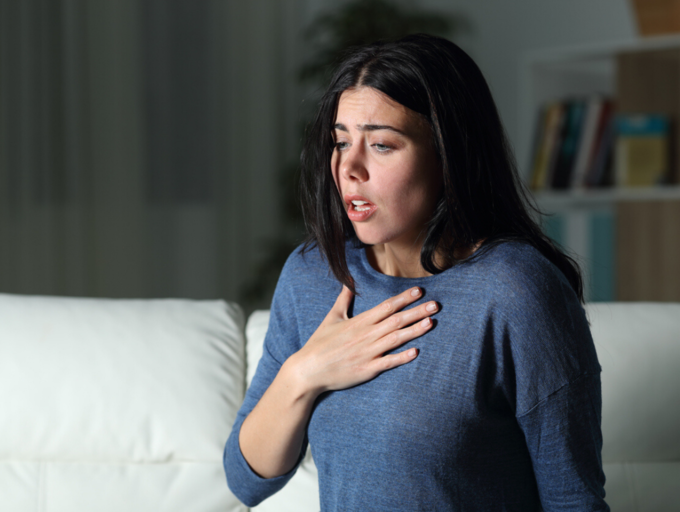
The WHO has listed loss of speech or movements as one of the most serious symptoms of COVID-19. If you experience any of these symptoms, it is strongly advisable to seek medical attention immediately.
Some of the other warning symptoms include:
1. Difficulty breathing
2. Shortness of breath
3. Chest pain or pressure
4. Bluish lips

